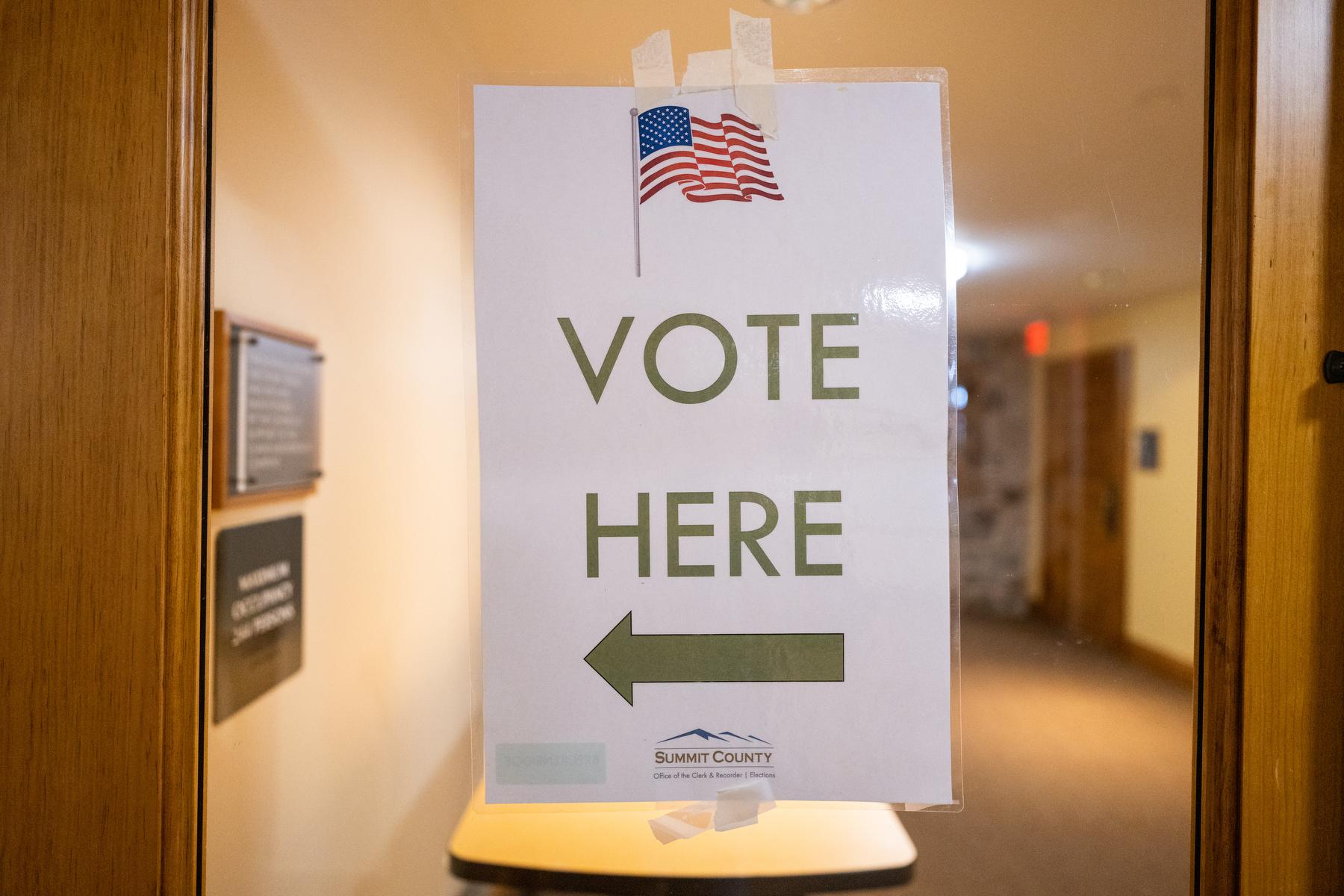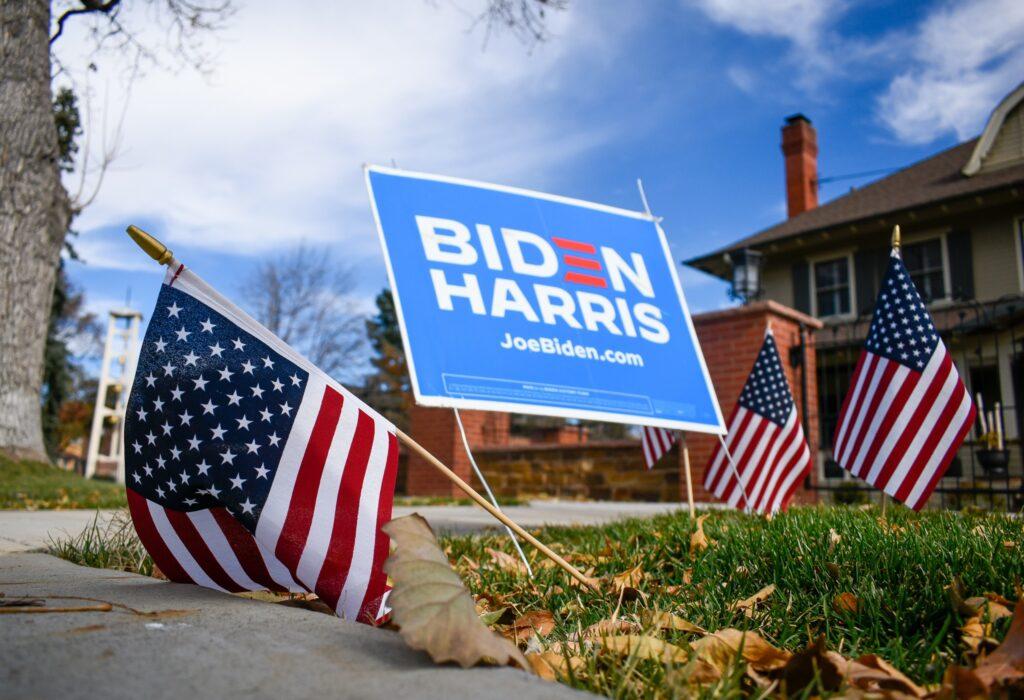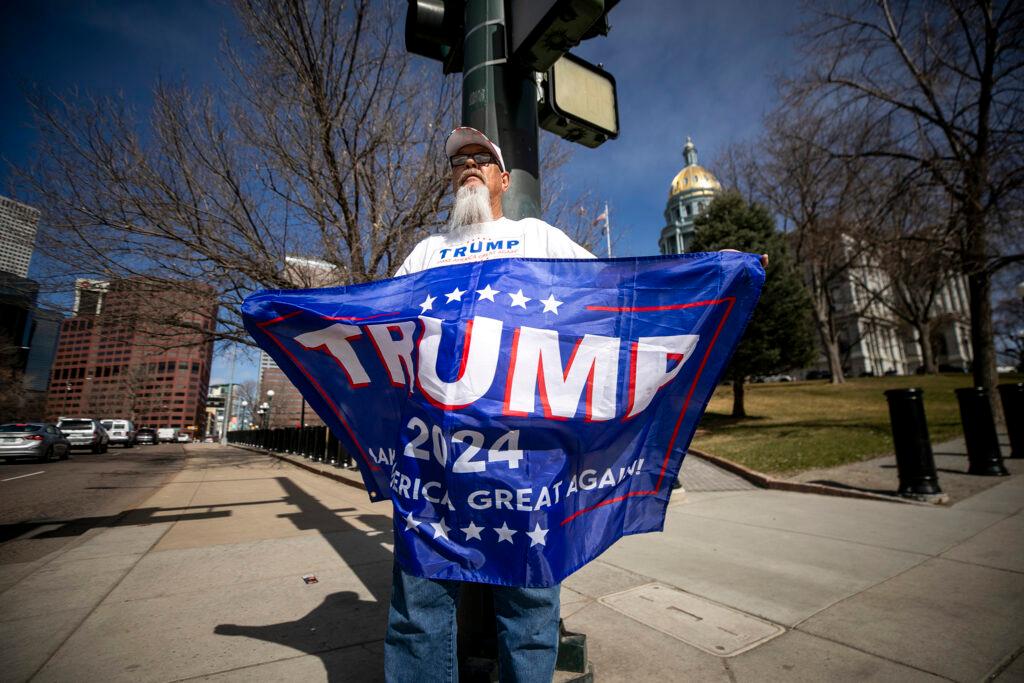
Many voters seem to be OK when candidates they support stretch the truth but not so much when those mistruths come from politicians they oppose. But why? A University of Colorado Boulder professor teamed up with researchers from around the country to figure out why voters allow for this kind of “moral flexibility.”
Researchers figured there could be a couple of reasons why voters are willing to support politicians who misrepresent facts, said Ethan Poskanzer, assistant professor of strategy and entrepreneurship in the Leeds School of Business who co-authored the study. One reason could be that these voters actually believe those false statements.
“But a surprising amount would explicitly say that they knew they were false, but they still liked (that) the politicians said them … because it supported some broader political mission that was important to them,” said Poskanzer.
The researchers sent surveys to voters with false or misleading statements by several politicians, including former President Donald Trump, President Joe Biden, Ron DeSantis and Alexandria Ocasio-Cortez.
Among the statements, this one from a 2021 interview Biden did with a FOX affiliate in Ohio about COVID-19: “This is a pandemic of the unvaccinated. The unvaccinated, not the vaccinated, the unvaccinated. That's the problem. And so everybody talks about freedom and not to have a shot or have a test. Well, guess what? So how about patriotism? How about making sure that you're vaccinated so you do not spread the disease to anybody else?”

Fact-checkers jumped on the statement because Biden suggested that a vaccinated person won’t spread the virus, which isn’t true. And while most supporters of President Biden said they knew it wasn’t true, they were OK with it anyway.
“They were happy that the president made that statement because it supported a general vaccination political position that they held,” Poskanzer said. “They felt that it was the right message for American priorities at that time.”
On the other side, many opponents of Biden believed the statement was misleading to voters.
Another statement posed to voters was this 2018 tweet by Trump: “Sadly, it looks like Mexico’s Police and Military are unable to stop the Caravan heading to the Southern Border of the United States. Criminals and unknown Middle Easterners are mixed in.”
Poskanzer said researchers chose this tweet because Trump characterizes the immigrants as criminals, which had no factual basis and is divisive.
In this case, both Trump supporters and opponents largely agreed the statement was false but Democrats – people who did not support Trump – strongly felt the statement shouldn’t have been made. That wasn’t true for Trump supporters.
“(Trump supporters) were more likely to say, we know this isn't based in evidence, but it's good that he said it,” said Poskanzer. “Because stricter immigration policy is important to me.”

Poskanzer said this dynamic, where moral standards switch depending on who or what a voter supports, happens across the political spectrum. And, he said, while it is much easier to find false statements by former President Donald Trump, many candidates are guilty of lying or stretching the truth.
“I'll say a personal surprise for me when beginning this research was how easy it was to find statements that were not grounded in facts by a lot of different politicians,” Poskanzer said.
He said all of this means the diligent work of fact-checkers may be a lost cause since for those who still support candidates they know are lying, there’s nothing a fact-checker can do.
Poskanzer theorizes the study shows one reason why people may be so entrenched in their political viewpoints.









